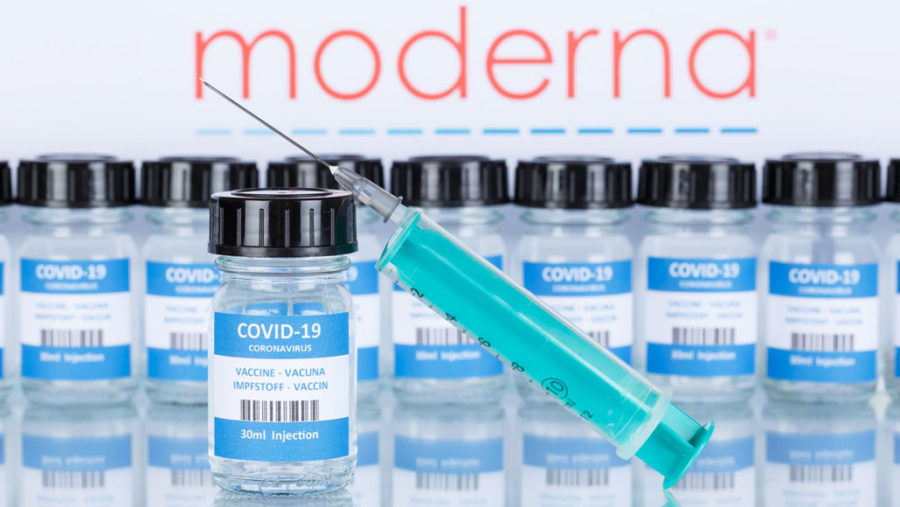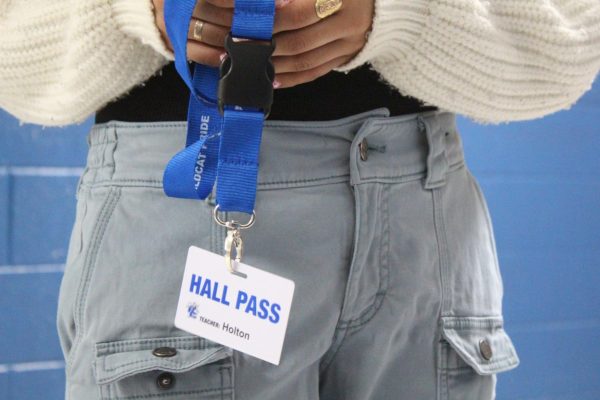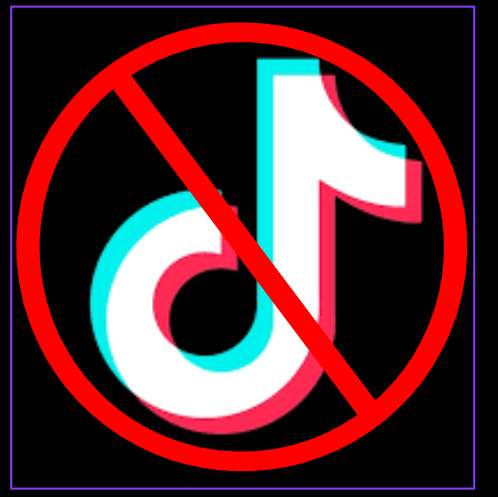COVID-19 Moderna and Pfizer Vaccines Are Released
The first batch of COVID-19 vaccines have been approved to administer.
January 20, 2021
Continuous efforts to produce a COVID-19 have finally paid off. In December of 2020, two COVID-19 vaccines were released. One was the Pfizer vaccine, produced by BioNTech based in Germany, and the second vaccine was Moderna, produced by Lonza based in America.
The Pfizer vaccine was first approved on Dec. 11, 2020 and is meant for ages 16 and up. According to the CDC, “reported side effects of the vaccine included fever, chills, tiredness, and headaches.” Pfizer website states that “Three million Pfizer vaccines have been administered worldwide.”
The Moderna vaccine had its first doses released to the public on Dec. 18, 2020. The Moderna vaccine is only for ages 18 and up, but test trials of a vaccine for ages 12 through 17 are currently taking place. According to the CDC, “some side effects found after receiving the Moderna vaccine also included fever, chills, tiredness, and headaches.” The CDC reports that symptoms of the vaccine should be “mild to moderate, and severe symptoms should be reported.” 5.9 million Moderna vaccines have been administered worldwide.
Both vaccines are shown to have a 95% accuracy rate in defending against COVID-19/
Both vaccines have similar ingredients but must be stored at different temperatures. The Pfizer vaccine must be stored at negative 70 degrees Celsius (minus 97 Fahrenheit)and remain unopened in this cold temperature for 10 days. The Moderna vaccine must be stored at 20 degrees Celsius (minus 68 degrees Fahrenheit.)
These vaccines must be stored at low temperatures because they are mRNA vaccines. With mRNA vaccines, lipid nanoparticles must be able to encapsulate the messenger RNA inside the vaccine. The lipid nanoparticles that make up both COVID-19 vaccines must stay in cold temperatures to be able to work and travel.
Even with positive reviews about both of the vaccinations, allergic reactions and anaphylaxis have been reported, specifically after receiving the Pfizer vaccination. Anaphylaxis is an extreme allergic reaction that occurs after receiving a vaccination. Even though it is rare, anaphylaxis can be life-threatening. During the time period of December 14-23, 2020, 0.0001% of vaccine recipients experienced anaphylaxis. It is advised not to receive doses of Moderna or Pfizer if you are allergic to any of its ingredients. Neither vaccine has been studied in pregnant or lactating women.
William Sayre works at Carilion Clinic of Internal Medicine in Lexington, Va. Sayre is one of the first Americans to receive a COVID-19 vaccine.
“I received the first dose of the Pfizer vaccine on Dec. 18 and the second dose last Friday, Jan 8.” said Sayre. “I didn’t choose that particular vaccine. It was the one provider by my employer, Carilion.”
Sayre states that his vaccination caused no unprecedented side effects.
“I’m happy to report that I had no side effects at all after either vaccine,” said Sayre.
Sayre understands that vaccines have been proven to help with COVID-19 case numbers.
“Vaccines are our best, safest option for getting past this pandemic and getting life back to normal. The reason that I agreed to be vaccinated is that I don’t want to get sick from the coronavirus. If I’m infected, I don’t want to spread it to anyone else after that.”
Tab Sayre feels that everyone should receive a COVID-19 vaccine if able to do so.
“I would encourage anyone with a contraindication to the vaccine to get one when they can,” said Sayre.
Check out this super cool quiz that corresponds with this article!
Photo: Erin Garcia De Jesus















